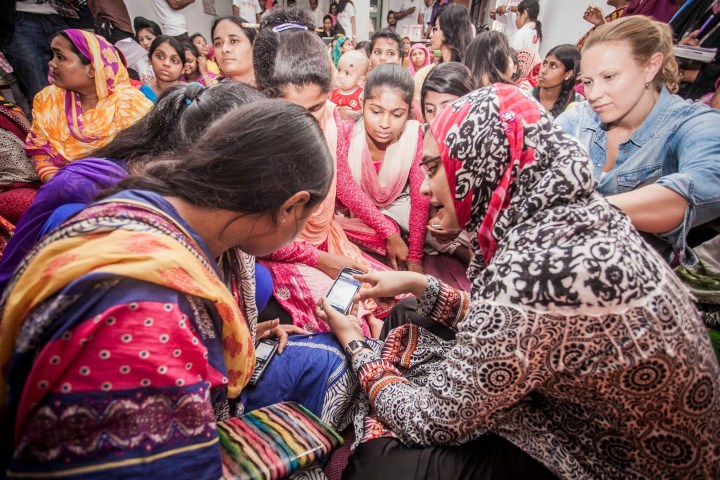
A major part of Facebook’s plans to nab more users is to bring connectivity to more parts of the world — including emerging markets. One way it’s doing this is through Internet.org: an initiative that sees Facebook pair up with local cellular networks to give mobile users access to select websites using a data-free app.
Despite some stumbling blocks this year (including a ban on the service in India over net neutrality concerns and a costly failed satellite launch), Internet.org is finding its footing. During its earnings call, Facebook CEO Mark Zuckerberg said the free internet program is now helping 40 million people get online around the globe.

It may not seem as impressive as some of the other figures Facebook announced on Wednesday, but one cannot ignore the initiative’s staggering growth rate, especially when you consider that in 2014 it boasted just 3 million users. A year ago that number grew to 15 million, and then in May it reached 25 million. Overall, the program has witnessed growth of 166 percent year over year, reports TechCrunch.
It helps that Facebook managed to sidestep the net neutrality issue in India by working with the government to introduce paid Wi-Fi hubs. Zuckerberg also previously stated that the SpaceX rocket explosion, which resulted in the destruction of Facebook’s Atmos-6 satellite, would not deter it from its plans to further expand Internet.org into Sub-Saharan Africa.
At last count, Internet.org was available in 49 countries, with rumors surfacing that Facebook is also planning to launch the service in the U.S. With mobile ad dollars currently its biggest source of revenue, it’s likely — with the help of Internet.org — that

